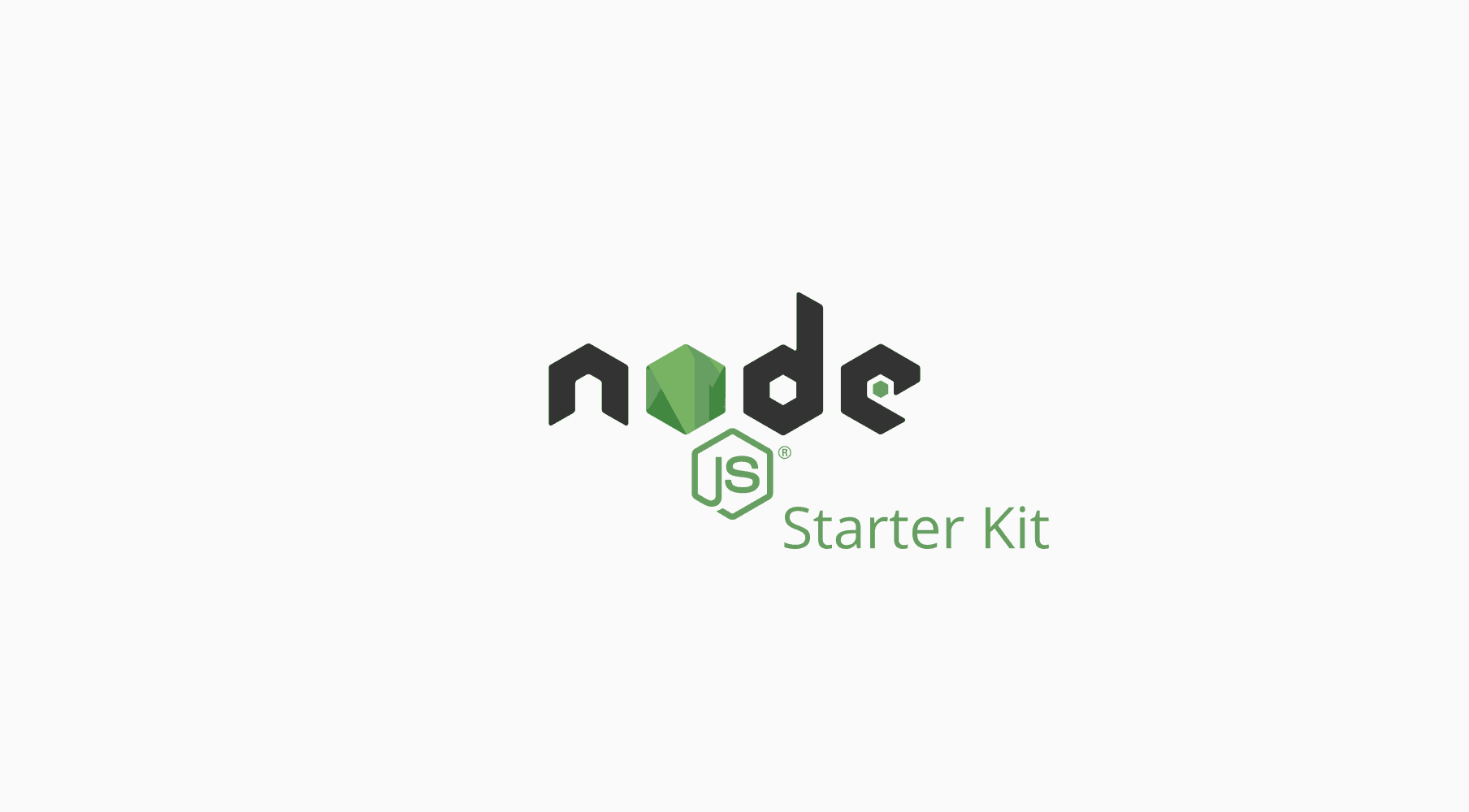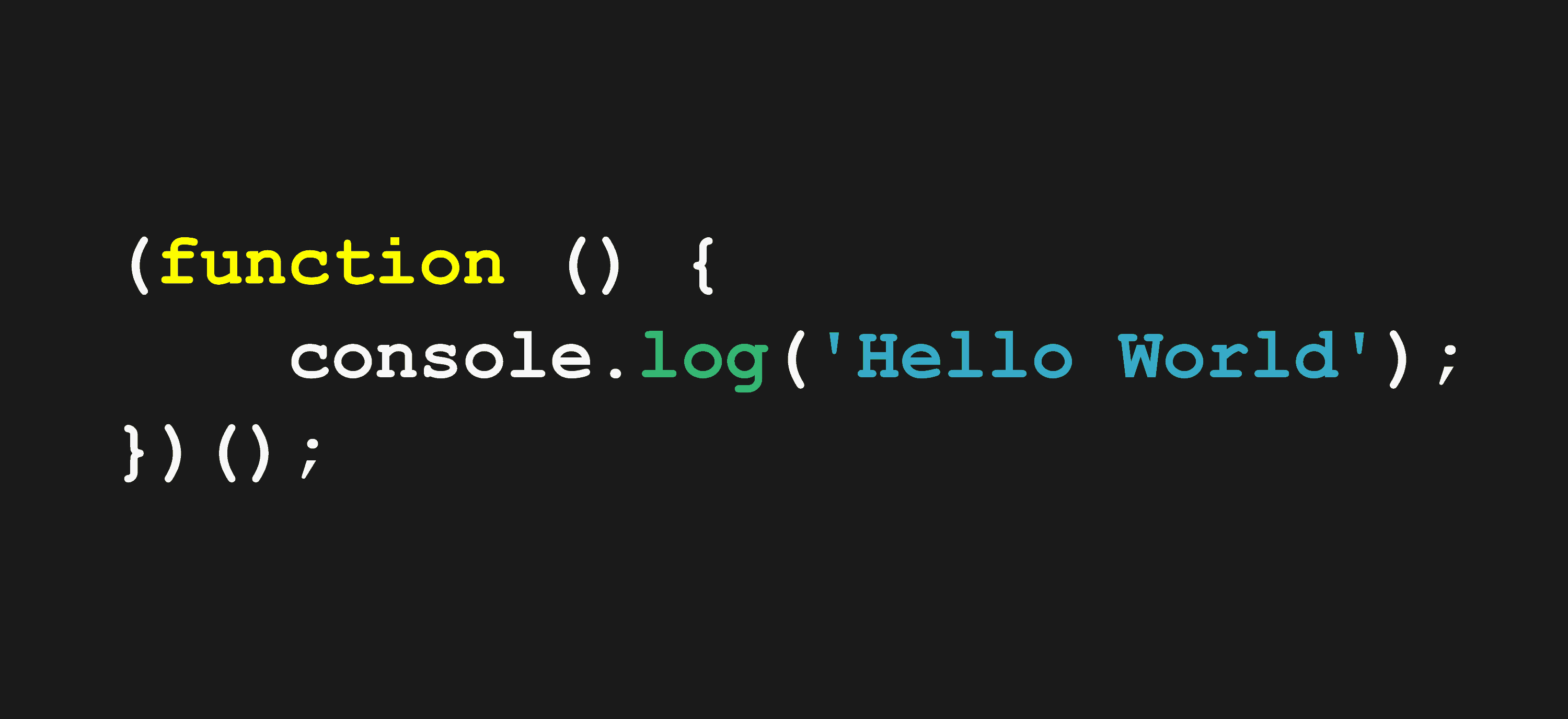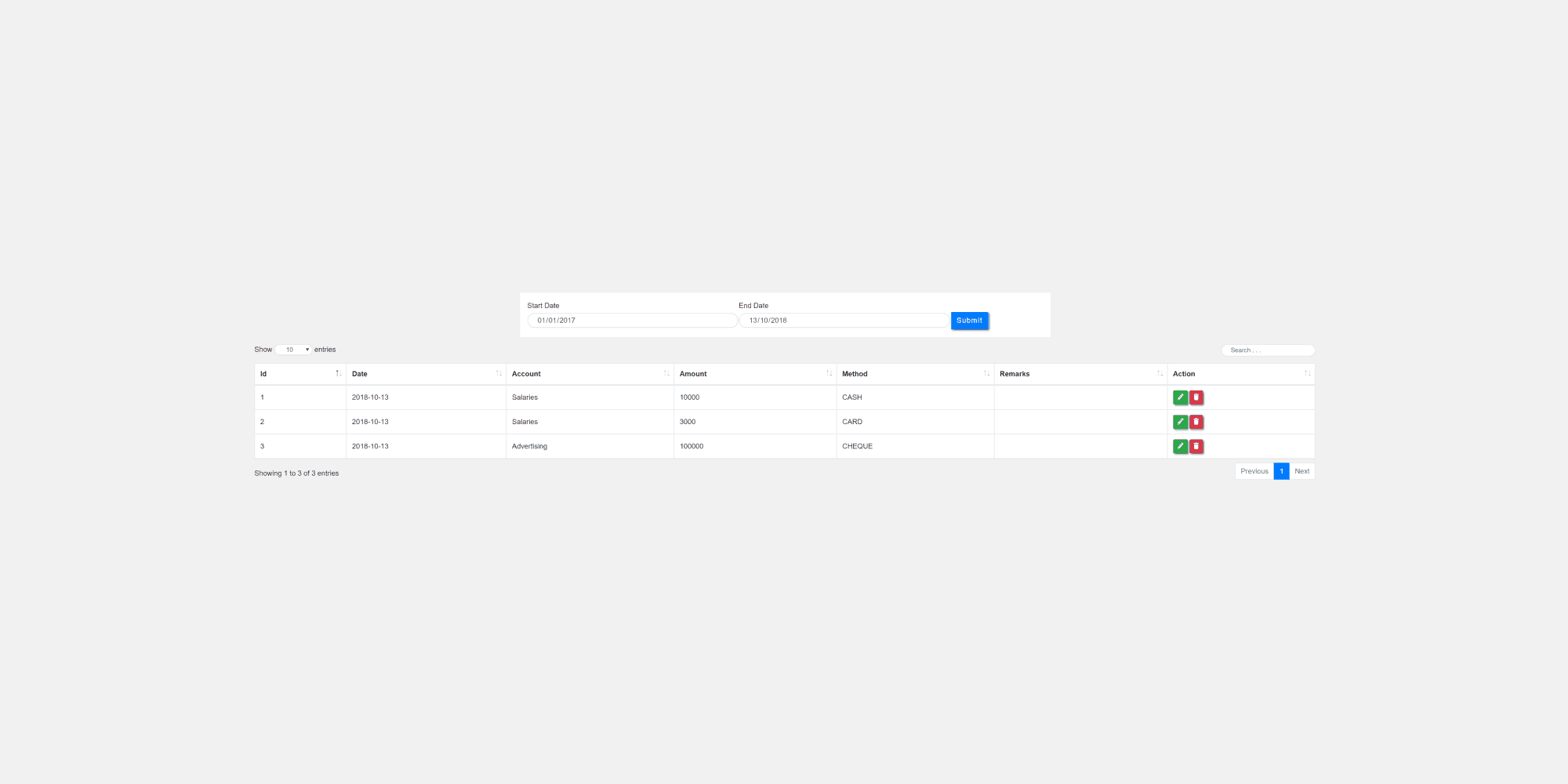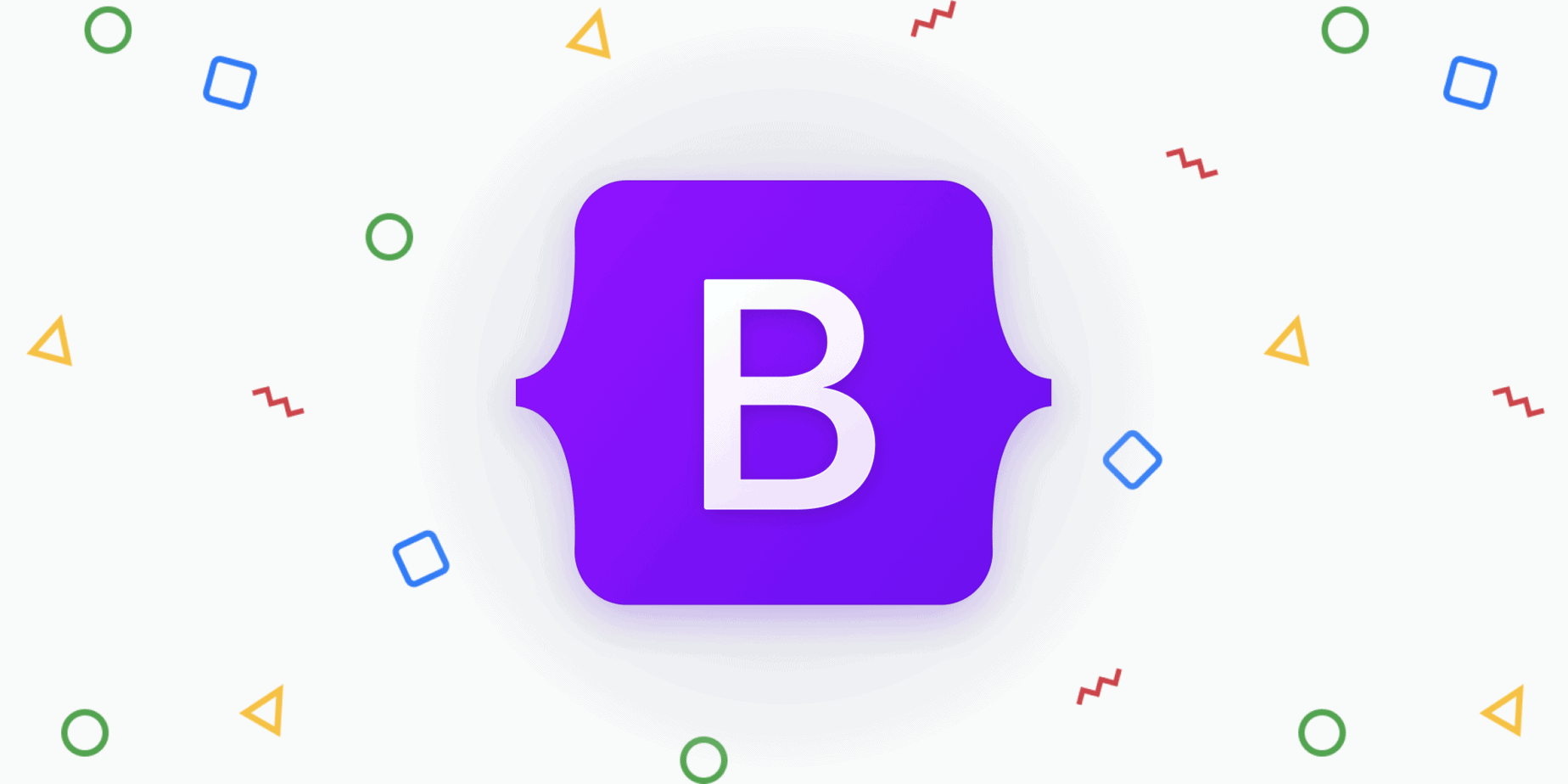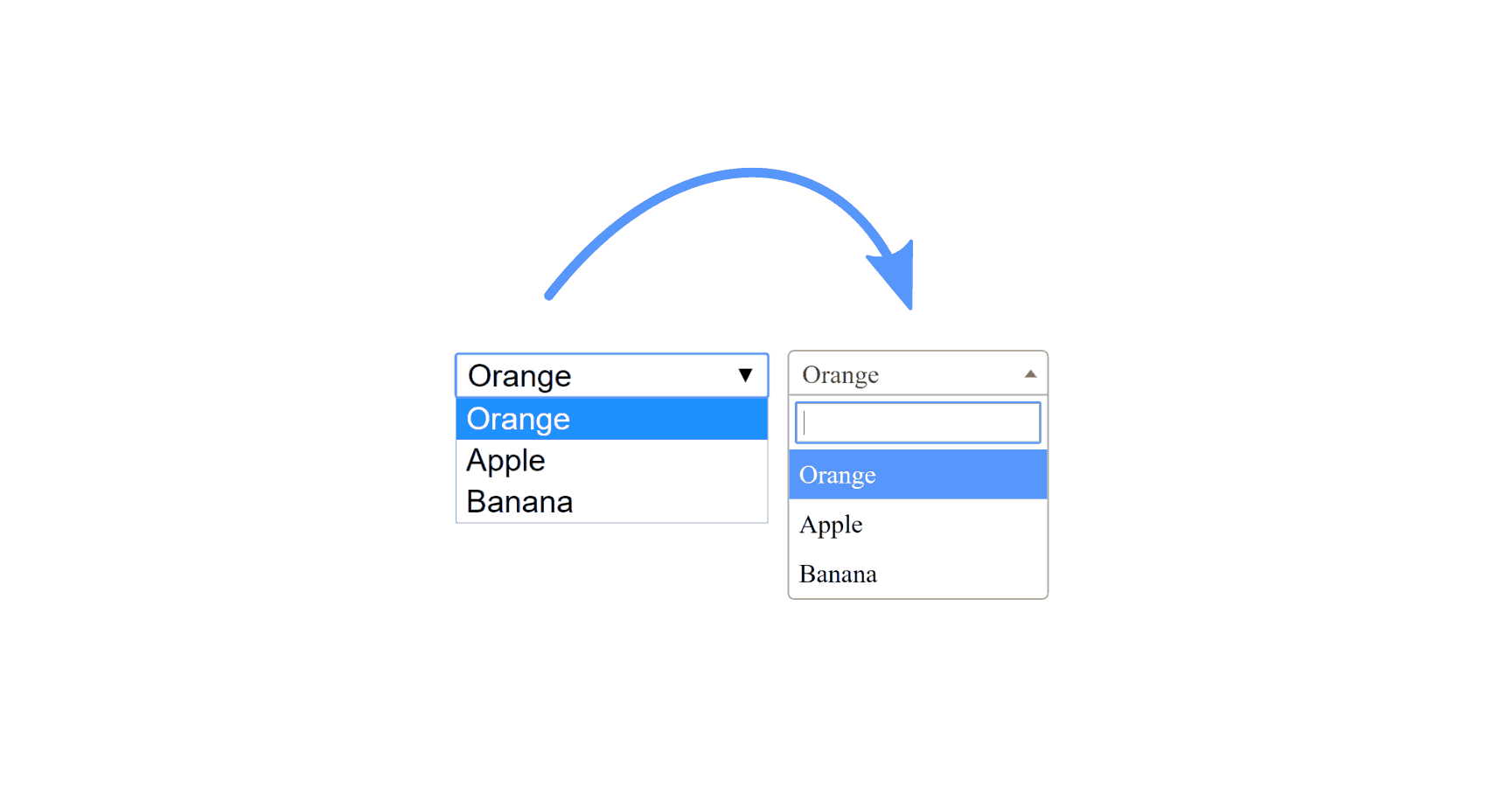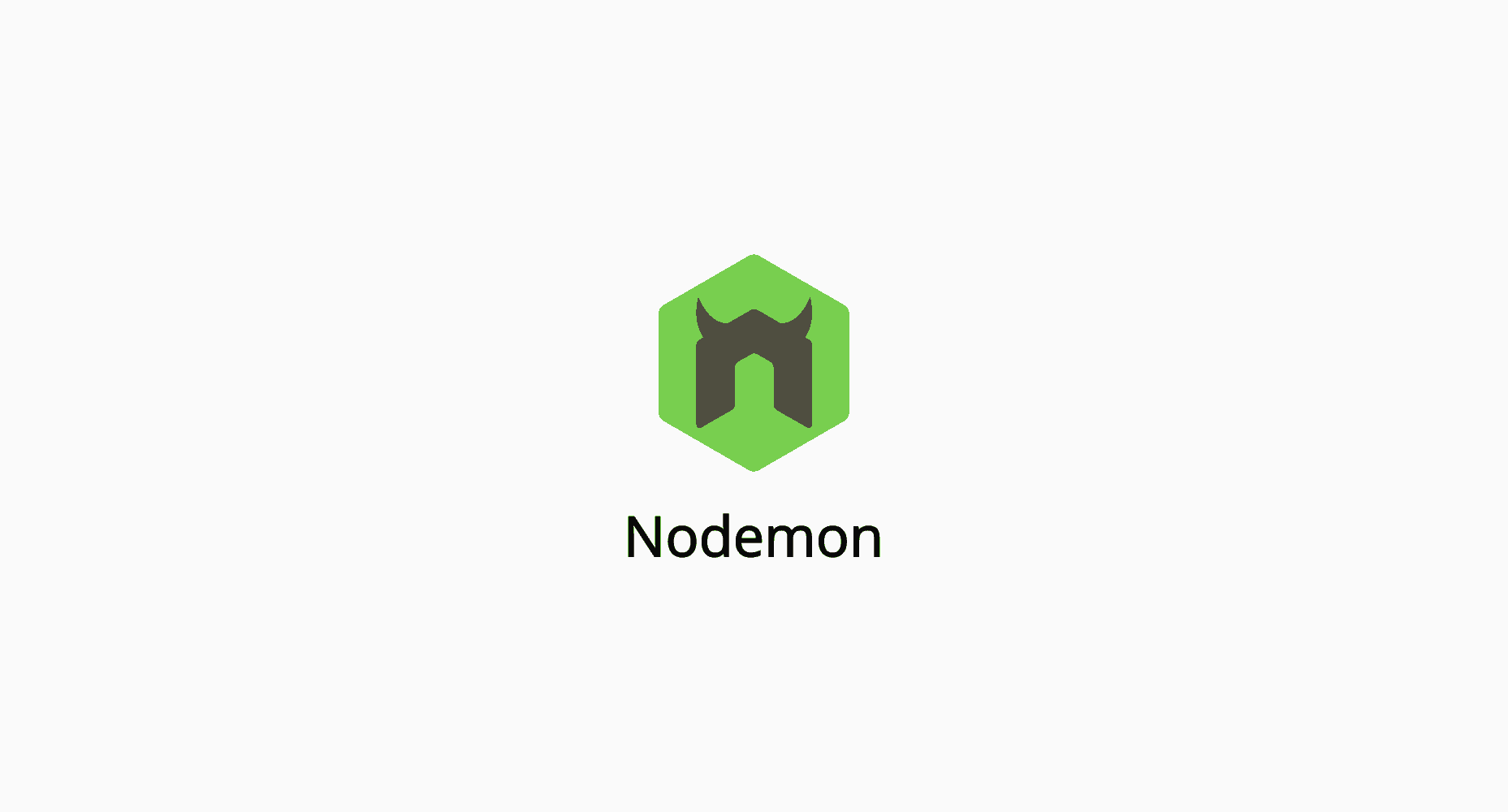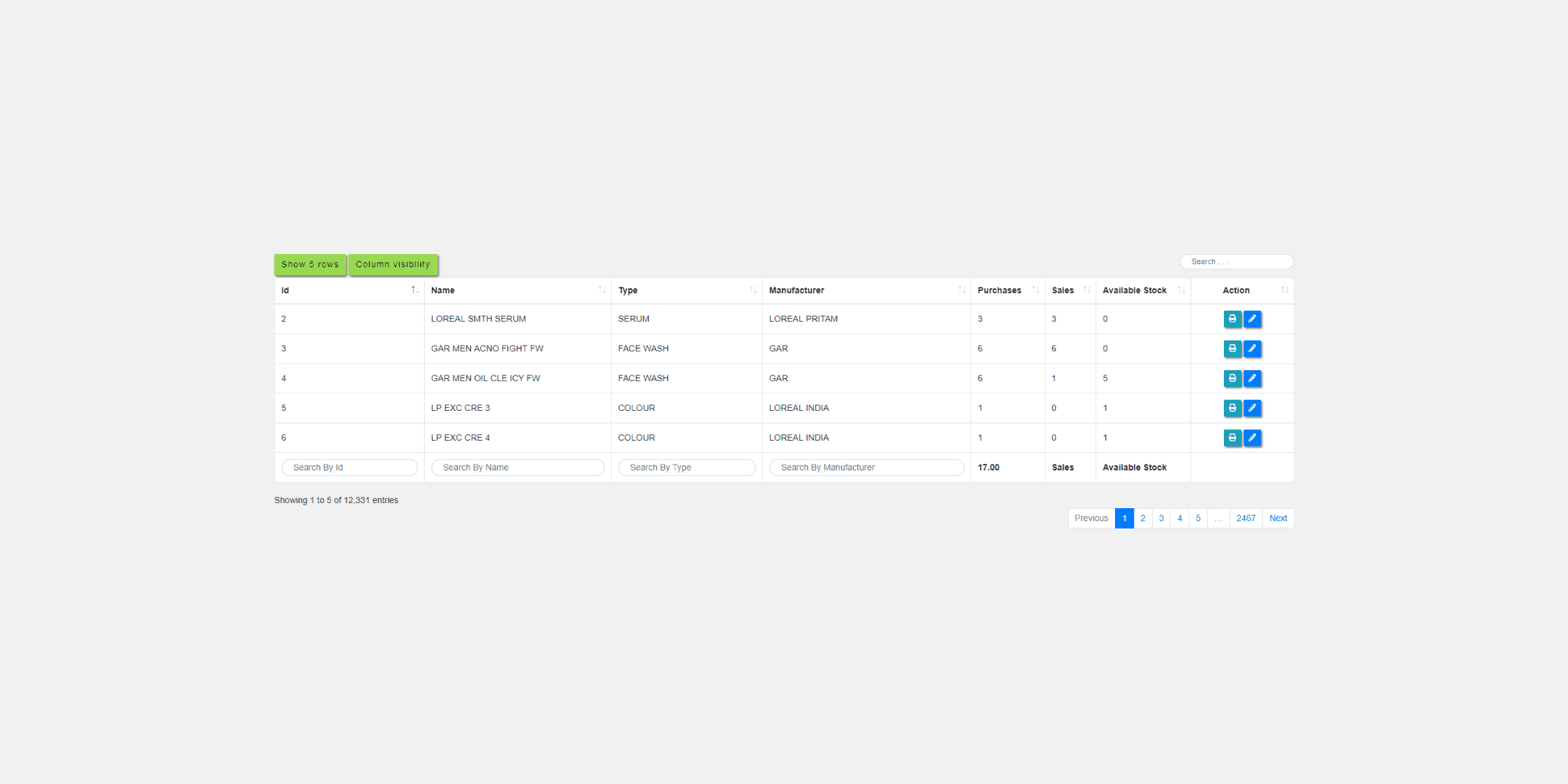To create a skeleton of a node js application this node js starter kit is followed best practices collected from experts.
If you are new to node js or you know node js, you can get benefit from this node js starter kit.
This starter kit is used express generator to create a skeleton.
You can skip the step which you have previously applied.
Make sure you have installed Node JS on your computer
The latest version of node js is found here
Install
express generatorto quickly create a skeleton of node js applicationnpm i express-generator -gLet’s start by creating a new app using
express generator- First, open a folder where you want to store the app
this may refer as base folder later - Open
terminal/command promptthere - Run command:
express --view=ejs myAppThis will create a skeleton of your app
Here we will--view=ejsfor templating engine.myAppare the app name and the directory which express generator will create
- First, open a folder where you want to store the app
Now Change The Directory To the newly created folder
this folder later refer as base folder later
cd myAppThen install the dependencies
npm iInstall database management system
For the sake of relevance we use
mysqlin this here
Run command:npm i mysql --saveThis will download the node js MySQL package
Use--saveflag to save it topackage.jsonFor any login based applications, we will use
cookie-sessionto store sessionsRun command:
npm i cookie-session --saveInstall
body-parserfor handlingPOSTrequestRun command:
npm i body-parser --saveNow put all codes of
app.jsinto an IIFEWe will change the app.js files created by default.
(function() { "use strict"; // Put all codes here })();Now create a config file to hold all app & database configuration
Create a file called
config.jsonat base folder
Inconfig.jsonwrite all configurations in ajsonformat
For example:{ "mysql": { "host": "localhost", "user": "root", "password": "password", "database": "db_name" }, "app" : { "port": 3000 } }Here MySQL key will hold the MySQL configurations.
To use created
configsin the appWe will import those files in
app.jsconst fs = require('fs'); const config = JSON.parse(fs.readFileSync('config.json', 'utf8'));Now
configthe variable will store all configurations fromconfig.jsonNow we have to make some changes to
bin/wwwfile to start the app in this way- Import config file just like above
- Then change (usually line no
15)
Fromvar port = normalizePort(process.env.PORT || '3000');to
var port = normalizePort(process.env.PORT || config.app.port);
Then again change a line in
bin/wwwFrom
server.listen(port);to
server.listen(port, function() { console.log('Listening on port: ' + port); });Then start the application by running the command
npm startYour app is now running on port 3000
You can go to your browser in this location http://localhost:3000
- Now you can change
views/index.ejsfile to see it is working
Now you are all set to begin creating a node js application.
